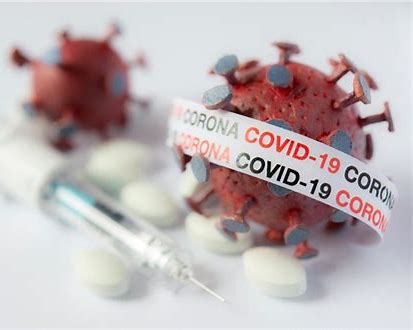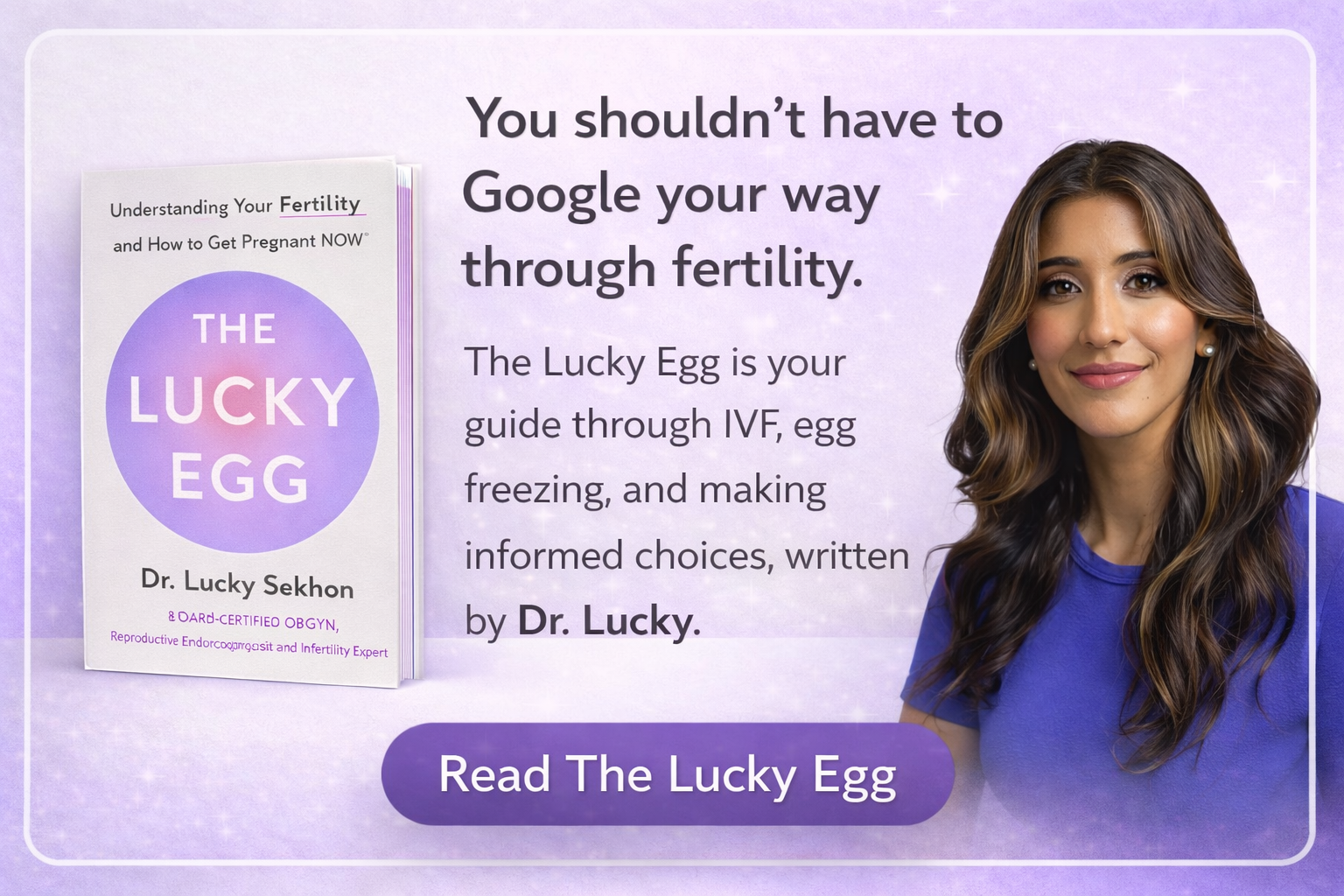MYTH DEBUNKED: COVID-19 VACCINE AND INFERTILITY

The COVID-19 vaccine is an unprecedented scientific achievement. While the hope of getting past this pandemic has always rested on the possibility of a vaccine, the world could not anticipate that such a highly effective vaccine could become available within such a short timeframe. Not surprisingly, rolling out the fastest vaccine ever developed has been fraught with confusion, fear, and skepticism. It has been said that COVID-19 is the first disease to have an antivaccine movement before it had an actual vaccine.
Major concerns regarding vaccine safety have been due to the potential for mild, transient side effects (ie. fever, fatigue) and rare, serious allergic reactions reported in study trials. There have also been panic-inducing theories that implicate COVID-19 vaccination in infertility- a link that is not based on scientific evidence or observations. As fertility doctors, we feel compelled to break down this myth and remove any invalid and unnecessary barriers to vaccination, which is paramount to protecting public health interests and ending this pandemic.
Why the COVID-19 vaccine been linked to infertility (and why we aren’t worried):
The COVID-19 vaccine works by introducing your body to a piece of the genetic code of the coronavirus, to prompt your immune system to create antibodies which will recognize and attack any COVID-19 affected cells. The concern about infertility arose because is there is a minor similarity in the sequence of amino acids (building blocks of protein) that make up both the targeted coronavirus protein and another protein called ‘syncytin’ – which is a key protein in the placenta. Based on this, there has been worry that the antibodies produced after COVID-19 vaccination could attack placental proteins, leading to infertility and/or pregnancy loss.
It is important to understand how the immune reaction leading to the formation of antibodies works. There are very specific parts of proteins, called epitopes, which are capable of activating an immune response. The fact that the vaccine-targeted coronavirus protein and placental proteins do NOT share multiple epitopes reassure us that it is highly unlikely that being vaccinated against COVID-19 could at all interfere with the placenta. Furthermore, the coronavirus protein targeted by the vaccine happens to share a similar amino acid structure to other types of cells that are found throughout the body, such as collagen and hemoglobin. If having minor protein similarities could lead to a vaccine-induced antibodies attacking these cells, the vaccine trials, and infections leading to the presence of antibodies, would have led to widespread, major adverse effects. In addition, while the Pfizer vaccine trials did not intend to include pregnant women, approximately two dozen women became pregnant during the course of the trial and no adverse outcomes have been reported. Further reassurance comes from our clinic’s data, which was recently presented at the American Society for Reproductive Medicine’s annual conference, reporting that there was no difference in implantation and pregnancy loss rates in IVF treatment cycles which took place before and during the pandemic.
Base your decision on whether to get vaccinated on science and facts, not myths
Whether to receive the COVID-19 vaccine is a highly personalized decision. It is important for each individual weigh the risks of COVID-19 to themselves and society against the rare risks of allergic reaction or mild and transient side effects. While the vaccine trials to date purposely excluded women who were actively trying to conceive or known to be pregnant at the time of receiving the vaccine, major womens’ health organizations (American College of Obstetricians and Gynecologists and the Society for Maternal Fetal Medicine) have stated that the vaccine should be offered to pregnant and breastfeeding women who meet the criteria for vaccination (at risk of severe infection and/or high level of exposure to COVID-19 (ie. healthcare workers)). The prevalent expert opinion is that the risks of COVID-19 infection in pregnancy (higher severity of infection, increased risk of hospitalization and preterm birth) probably far outweigh any remote risks of adverse effects from the vaccine. As more pregnant and lactating woman make the decision to receive the vaccine, we will continue to gather safety data which will help to guide decision making for the general public. These decisions, just like the challenge of living through this pandemic, are complicated and difficult. We all must make the best decisions for ourselves, based on the available data and expert opinion in cases where the data is limited. The decision, however, should never be influenced by baseless fears.


